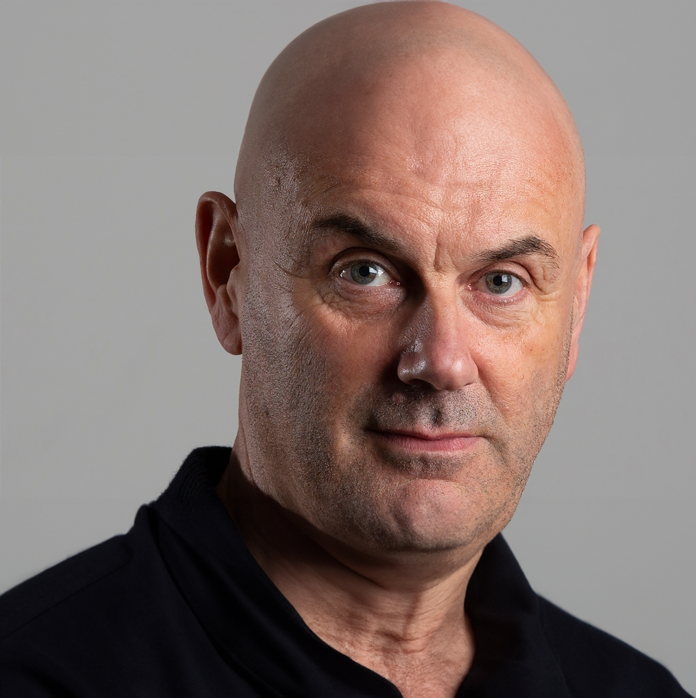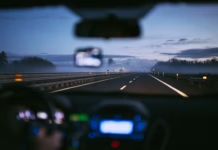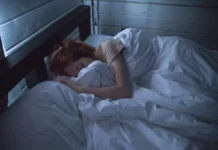So can we have the following answered:
- Why do we struggle to sleep the night before a big holiday? i.e. flight anxiety, the early wake-up times, stress
- Can packing a messy case lead to a messier mindset (and more stress)?
- Best ways to cope with pre-holiday stress?
- Deadline is Monday if poss?
………………………………………………………………………………………………………………
Why do we struggle to sleep the night before a big holiday? i.e. flight anxiety, the early wake-up times, stress
We’ve all experienced the inability to sleep the night before a big holiday or a flight. It may be due to anxiety, fear of flying, or just great excitement – which can all conspire to prevent us from nodding off. This is a great shame as we start the holiday feeling tired.
Why should this happen? Stress, anxiety, fear and excitement are all emotions that trigger the sympathetic nervous system (SNS), the ‘body’s fight, fright and flight’ pathway. Switching this in on equips the body to flee from danger. Adrenaline, dopamine and cortisol are released, all of which keep you feeling alert. Your heart and breathing rate quicken, your blood pressure rises, your pupils dilate, and you start to sweat. In fact, when the SNS is activated, you feel completely the opposite of being able to go to sleep!
What do we worry about? Going away is highly stressful. There are so many administrative things to think about – your passport and other travel documents, details of where you are going, driving license, travel insurance, money etc … Plus all the other things you might need – medication, sunscreen, insect repellent, phone charger, headphones … the list is endless.
Then there’s the worry about missing the alarm or sleeping through it. Will you get to the airport on time? Will the car parking arrangements work? How punctual is the Park and Ride? What if it’s bad weather and the flight is delayed or cancelled? What if you land later than anticipated and miss the transfer to your accommodation?
You may be travelling with a baby or young children and be worried about how they will cope.
Fear of flying – Around 10% of the UK population have aviophobia – a fear of flying. This is a serious condition in which people experience a whole range of symptoms if they have to take a flight. These often occur before getting on the plane and may include trembling, shaking, feeling nervous and anxious, palpitations, nausea, indigestion, sweating and shortness of breath. Sufferers worry that not only will they feel terrible, but they may also have a full-blown panic attack in public. Occasionally a doctor will prescribe a sleeping tablet in this situation.
The media – If there has been a recent plane crash in the news this can add to everyone’s anxiety.
Disruption of Circadian rhythms – We may try going to bed earlier than usual as have to get up early for the flight. But this rarely works as our bodies like routine. Going to sleep depends on the action of a specialised group of cells called the suprachiasmatic nucleus (SCN) – the natural body clock – which is responsible for our Circadian rhythms. These cells depend on regular night-time cues to tell us to go to sleep. They can’t suddenly be switched on at the wrong time of day or night. Moreover, lying awake trying to sleep and not being able to sleep makes insomnia worse.
Can packing a messy case lead to a messier mindset (and more stress)?
We know that being messy and untidy is linked to stress. Clutter is overwhelming and makes us feel anxious and depressed. Having a messy suitcase is another feature of the same thing. Packing is stressful in its own right. There is so much to think about, and huge anxiety about leaving things out, things being broken in transit, and managing to stay within your baggage allowance.
I would suggest making a packing list a week before you travel, so you know what you need to get ready. Laying it all out on the bed and ticking it off. Then pack a night or two before you travel. You can weigh your case and be sure you are sorted well in advance.
Best ways to cope with pre-holiday stress?
Think well ahead and start getting your travel documents and other essentials ready at least a week before you go.
Make a packing list and tick things off as you go. Pack a couple of days before you travel. Weight your case to be sure it’s within the baggage allowance.
If you are allowed, you might like to buy an additional small case/cabin bag that meets your airline’s criteria, and you can take it onto the aeroplane with you. Check the measurements carefully.
The day before you travel, take care. Don’t do anything that could upset your sleep tonight. This means –
Get up at the usual time in the morning.
Write a to-do list and tick everything off well before bedtime.
Don’t nap during the day – you need a good sleep drive tonight to get to sleep.
Avoid caffeine within 6 hours and alcohol within 4 hours of bedtime. These have a long half-life and take a long time to be metabolised. Both cause insomnia.
Don’t have a big meal before bed.
Set more than one alarm. Perhaps have a family member also set their alarm so they can check you are awake on time.
Go to bed at the usual time.
Wind down for sleep – dimming the lights 1-2 hours before bedtime, playing soft music and perhaps doing some gentle yoga or meditation. Reading for half an hour before switching out the light helps distract any anxiety-provoking thoughts.
Don’t look at any screens – smartphones, iPads, computers or TVs for 2 hours before bed. These all emit blue light which inhibits the release of the sleep hormone, melatonin.
Keep your bedroom, as always, cool, quiet and dark.
Tricks to help you fall asleep include –
4,7, 8 Breathing – This type of breathing switches on the parasympathetic nervous system (PSNS) – the body’s rest and relaxation pathway. It means breathing in by sucking in your ribs which lifts the diaphragm. This action stimulates the vagus nerve.
Breathe in like this slowly for a slow count of 4.
Hold your breath for a count of 7.
Then breathe out slowly for a count of 8.
Repeat this several times.
Paradoxical intention – Funnily enough, lying in bed trying not to go to sleep can help you sleep! When you try not to sleep, this activates the PSNS and helps you fall asleep. Research has proven this can work.
If you can’t sleep, get out of bed and sit downstairs for 10 minutes reading something uninteresting. Then go back to bed and try again.

| [donate]
| Help keep news FREE for our readersSupporting your local community newspaper/online news outlet is crucial now more than ever. If you believe in independent journalism,then consider making a valuable contribution by making a one-time or monthly donation. We operate in rural areas where providing unbiased news can be challenging. |



















